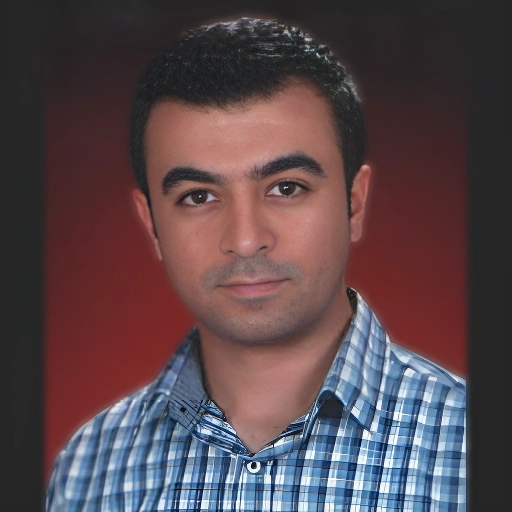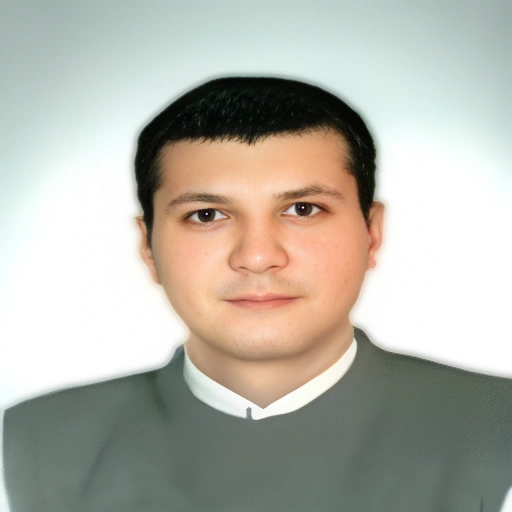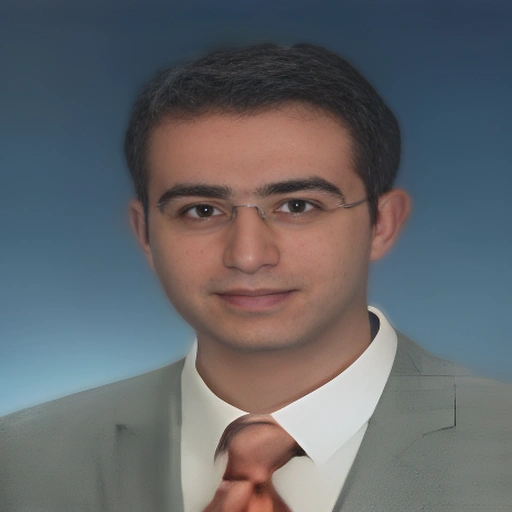A New Agent in Prevention of Contrast-Induced Nephropathy: Dragon Fruit (Hylocereus polyrhizus) Extract



Yazarlar (6)
Doç. Dr. Levent ŞAHİN
Kafkas Üniversitesi, Türkiye
Doç. Dr. Erdem TOKTAY
Kafkas Üniversitesi, Türkiye
Dr. Öğr. Üyesi Ahmet HARMANKAYA
Kafkas Üniversitesi, Türkiye
Doç. Dr. Pınar AKSU KILIÇLE
Kafkas Üniversitesi, Türkiye

Kafkas Üniversitesi, Türkiye
Doç. Dr. Hüseyin Fatih GÜL
Kafkas Üniversitesi, Türkiye
| Makale Türü |
|
| Makale Alt Türü | ESCI dergilerinde yayınlanan tam makale |
| Dergi Adı | Journal of Basic and Clinical Health Sciences |
| Dergi ISSN | 2458-8938 Wos Dergi |
| Dergi Tarandığı Indeksler | ESCI |
| Makale Dili | İngilizce |
| Basım Tarihi | 09-2021 |
| Cilt No | 5 |
| Sayı | 3 |
| Sayfalar | 117 / 125 |
| DOI Numarası | 10.30621/jbachs.943752 |
| Makale Linki | https://dergipark.org.tr/en/download/article-file/1791234 |
| Özet |
| Purpose: We aimed to investigate dragon fruit (Hylocereus polyrhizus) extract effectiveness by creating a nephropathy model with contrast media toxicity after dehydration and furosemide administration to rats. Methods: Total 36 male Sprague dawley rats were randomly allocated into 6 groups (n: 6). At the end of the experiment kidney organs and blood was taken for histopathologic and biochemical analyze (malondialdehyde, glutathione, serum urea nitrogen and serum creatine). Results: Renal injury markers of serum urea nitrogen and creatinine levels decreased (p<0.05) in the groups that given dragon fruit extract depending on the dose manner compared to the group that was given contrast media. While oxidative stress increased in given contrast media group, MDA levels improved statistically significance in the groups given dragon fruit extract depending on the dose compared to the group that was given contrast media. Also tissue GSH levels increased in the groups given dragon fruit extract depending on the dose compared to the group that was given contrast media. Vacuolization damage was minimal and inflammation was not seen in these groups according to the histopathological analyses. Conclusion: Dragon fruit extract, a strong antioxidative agent, application together with contrast media can play a protective role against renal tubule via reduced renal injury markers, oxidative damage. |
| Anahtar Kelimeler |





